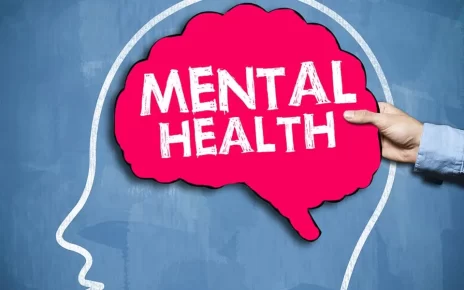The main symptoms of arthritis are usually developed over time, although they may occur suddenly. Arthritis is mostly found in adults over 55 years old, although it can develop in youngsters, adolescents, and even children. Anyone who has been diagnosed with arthritis should look for other signs that may indicate the onset of the disease, which can help with the diagnosis.
One of the first symptoms of arthritis is the pain in the joints that can be felt on either sides. When the pain is on one side of the body, it could mean there is a problem with the joint that is located on that side. If the pain is only on one side, however, arthritis is more likely to cause pain in the upper part of the body. Another sign of arthritis is stiffness and/or discomfort in the joints, as well as in the surrounding area. When arthritis occurs, it will usually cause the skin to become thick and loose in appearance.
Other symptoms that may be associated with arthritis include having difficulty wearing shoes, experiencing joint aches or pains, or experiencing pain in other parts of the body. In addition, a person may experience joint inflammation. There may be other symptoms that accompany arthritis, which include fatigue, decreased energy, nausea, and weight gain.
Pain that originates from the knee and the spine often accompanies arthritis, as will pain that is felt in the arms and shoulders. Sometimes, the pain can even be detected in the brain, which is why it’s important to make sure the doctor has the correct test for the type of arthritis you have. A blood test may be conducted to see if antibodies are being produced in the body as a result of the arthritis, and a urine test may be conducted to see if the level of uric acid is being reduced.
If you or a loved one is experiencing any arthritis symptoms, it is important to go see your doctor immediately for medical evaluation. The earlier the condition is detected, the less serious it may be. If you do not feel comfortable going to the doctor, you can always go home and take over-the-counter pain relievers to relieve the symptoms and to help ease any swelling or pain that may be associated with arthritis.
The management of pain associated with arthritis can vary depending on the type and severity of the disease. If you have severe pain that is not responding to over-the-counter medications or over-the-counter pain relievers, then it is very important to see a doctor so that the proper course of action can be taken. For more serious cases, you may want to consult with your doctor and discuss the best course of action. Once you have been diagnosed with arthritis, you will be able to learn about ways to manage your symptoms and live a long, healthy life.





